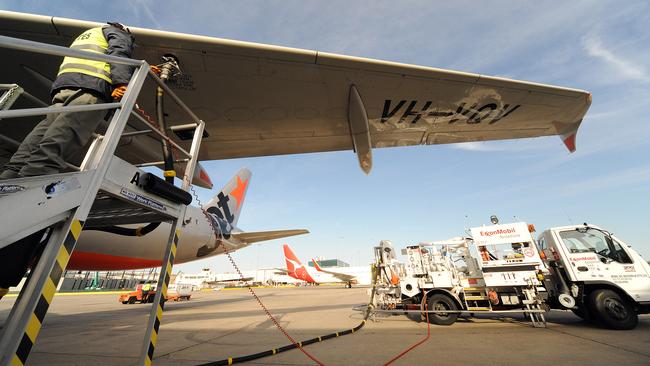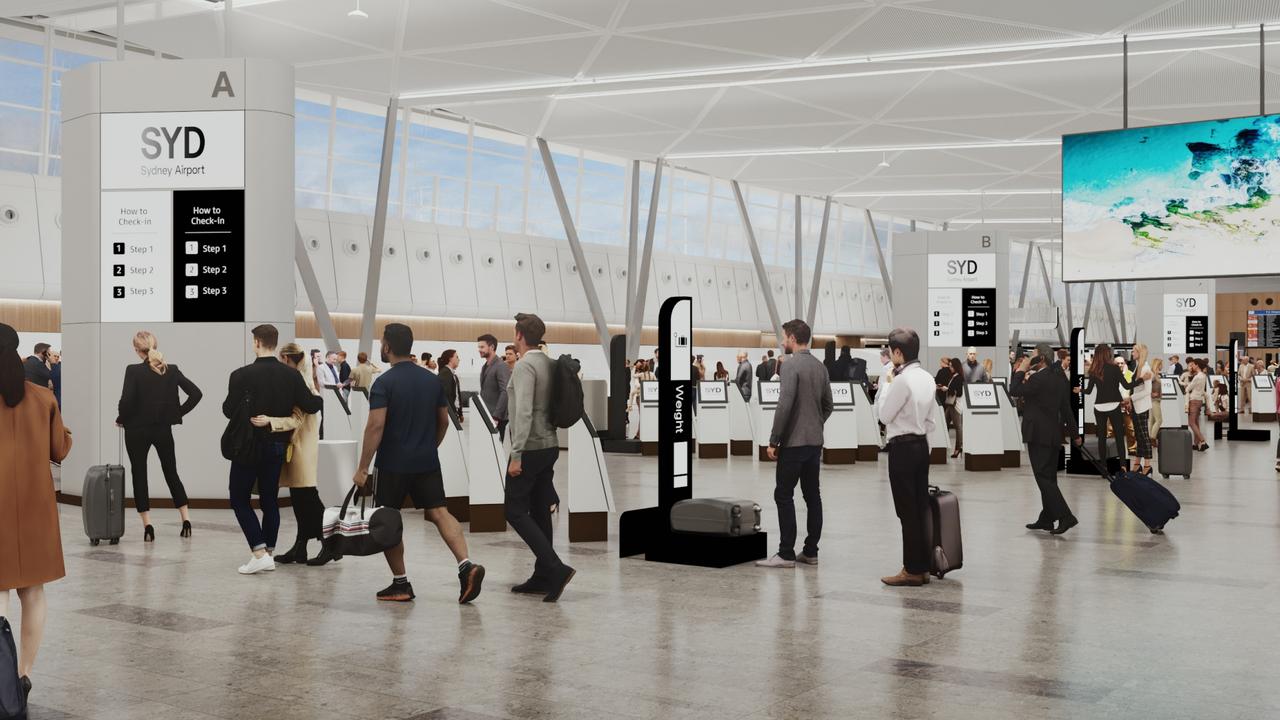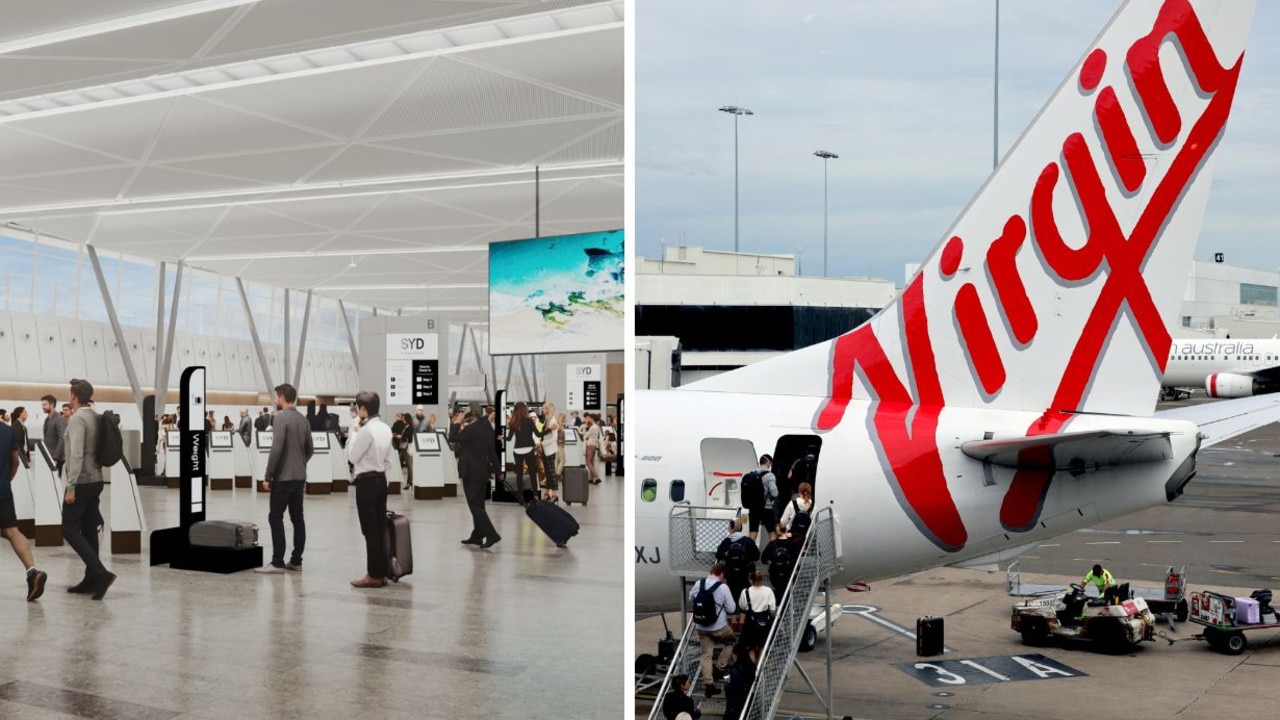Watchdog slams airport parking rip-off
THE consumer watchdog has confirmed what we all knew: airports are laughing all the way to the bank. And the winner is ...
Travel
Don't miss out on the headlines from Travel. Followed categories will be added to My News.
CONGRATULATIONS, Melbourne.
Your airport is officially the biggest rip-off in Australia, according to the consumer watchdog, which has confirmed once again what we already knew: our airports are laughing all the way to the bank.
In its latest Airport Monitoring Report for 2014-15, the Australian Competition and Consumer Commission has slammed major airports for continuing to gouge consumers on both aeronautical and car parking services.
Sydney, Melbourne, Brisbane and Perth airports continue to enjoy high profit margins due to a “lack of competitive pressure”, the ACCC says, while quality of service has remained stagnant.
Sydney Airport earns the highest profit margin of 50.1 cents from a dollar of aeronautical revenue, while Melbourne Airport earns the highest margin on parking at a whopping 73.2 cents in the dollar — an increase of 20 per cent on the previous year.
Sydney Airport enjoyed the highest return on assets for aeronautical services at 12.4 per cent, while Brisbane Airport earned a 6.3 per cent return.
Perth and Melbourne airports reported declines in return on assets in 2014-15, but the ACCC notes that this measure can be affected by airport revaluations.
“The high profit margins of the airports indicate that they do not face much competitive pressure,” ACCC chairman Rod Sims said.
He said while savvy motorists were taking advantage of discount rates available by booking car parking online, this might amount to price discrimination as less price-sensitive consumers would pay higher drive-up prices.
“The ACCC found that consumers parking at the airports could save up to 66.5 per cent for longer durations by booking online,” Mr Sims said.
“Consumers should consider all of their options, including whether they could obtain a cheaper rate by booking online or using an off-airport parking operator.”

Melbourne Airport increased its car park revenue by 14.8 per cent to $147 million, the highest that any monitored airport has ever reported, the ACCC said.
Sydney Airport earned $127.8 million, an increase of 4.7 per cent, while Brisbane Airport increased its revenue by 4.6 per cent to $84.5 million.
Due to the slowdown in FIFO workers from the resources sector, Perth was the only airport to see a reduction in passenger numbers, which were down 1 per cent. That dragged down both its aeronautical revenue ($186.6 million) and car park revenue ($65.1 million).
Melbourne Airport made the greatest proportion of its total revenue from its car park operations (19.5 per cent), followed by Perth (15.2 per cent), Brisbane (13.8 per cent) and Sydney (10.7 per cent).
Melbourne Airport spokeswoman Carly Dixon said the airport offered a “variety of competitively priced and quality car parking products”.
“When it comes to parking, the simple fact is that people across Melbourne and from around the state rely more on their private vehicles to get to the airport over other transport modes,” she said in a statement.
“More than half the people coming to the airport do so by private vehicle. We need to cater for this demand through the provision of on airport parking, particularly for peak travel and holiday periods.”
Sydney Airport chief executive Kerrie Mather said passengers continued to acknowledge the airport’s “good services and facilities”.
“We’re pleased that our investment in services and facilities has been recognised by our 40 million passengers a year and our airline customers, with good ratings in a range of areas such as wayfinding, bathrooms, seating, check-in waiting time, kerbside pick-up and drop off, and runway standard,” she said.
A Sydney Airport spokeswoman said since July 2015 the airport had “continued to offer great savings on car parking to customers who pre-book online, with almost 380,000 online bookings last year”.
Caroline Wilkie, chief executive of the peak body Australian Airports Association, challenged the ACCC’s claim that airports were exercising market power to provide lower quality service outcomes.
“The growth in passenger numbers and record levels of investment in our major airports demonstrates that the current approach to economic regulation of airports is delivering results for airlines and passengers,” Ms Wilkie said.
“Airports and airlines have developed a mature and commercially sophisticated approach to negotiating over price, investments and service levels that meet the needs of airlines and their passengers.”

Perth Airport chief executive Brad Geatches said the airport was continuing to invest to improve facilities despite a decline in passenger numbers.
“We are pleased that, compared to the other major airports, we are consistently offering the cheapest drive-up prices for short term parking and the introduction of our online car park booking system has delivered additional options, convenience and discounts for our customers,” Mr Geatches said.
Brisbane Airport declined to comment.
Brisbane Airport was found to have the highest quality of service. Brisbane and Perth were found to provide a ‘good’ quality of service, while Sydney and Melbourne were again rated as ‘satisfactory’.
Mr Sims said service may improve in the future off the back of new investment. In 2014-15, Melbourne invested $484 million in aeronautical assets, Brisbane invested $334 million and Perth invested $250 million.
“Although airport investment tends to be lumpy in nature, the record levels of investment made by Melbourne, Brisbane, and Perth in 2014-15 will possibly drive welcome service improvements for passengers,” Mr Sims said.
“There is also some optimism regarding better quality of service at Sydney Airport in future, which agreed to a formalised service level agreement with international airlines.”
An increased proportion of domestic flights were on time in 2014-15, with on-time arrivals and departures at their highest level since 2006-7, the ACCC said.
Passenger growth remained relatively flat. International passengers grew 3.7 per cent while domestic passengers grew just 0.7 per cent.
RETURN ON SALES PROFIT ON PARKING FACILITIES
• Melbourne 73.2% (up 4.1 percentage points)
• Sydney 71.6% (down 1.7 percentage points)
• Brisbane 67.2% (up 2.9 percentage points)
• Perth 63.7% (down 5.1 percentage points)
RETURN ON SALES PROFIT ON AERONAUTICAL SERVICES
• Sydney 50.1% (up 0.2 percentage points)
• Brisbane 43.6% (up 0.9 percentage points)
• Melbourne 43.4% (down 1.8 percentage points)
• Perth 40.2% (down 3.6 percentage points)
Source: ACCC Airport Monitoring Report 2014-15
Originally published as Watchdog slams airport parking rip-off



